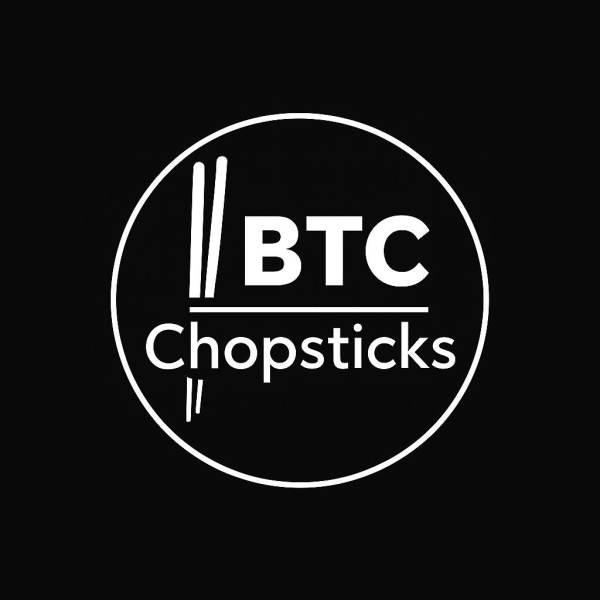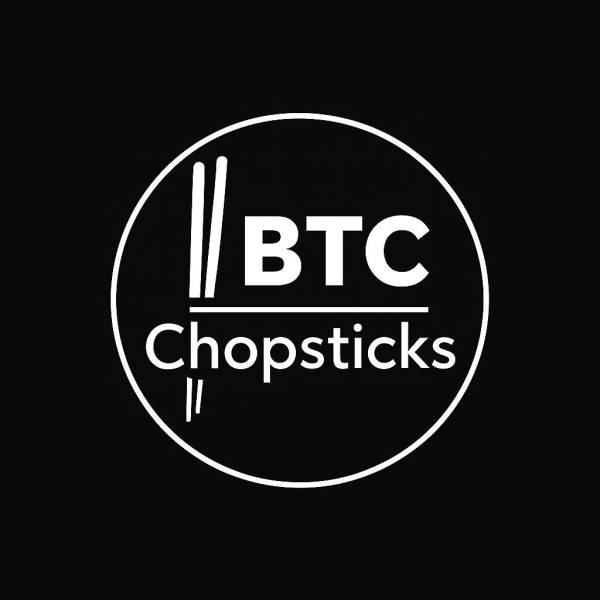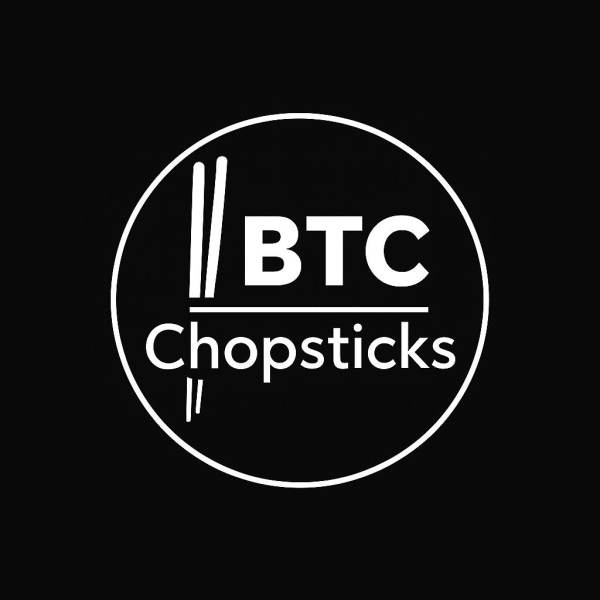Institutional Confidence in Solana: A Strategic Deep Dive into DeFi Development Corp.’s Aggressive Accumulation Strategy
- DeFi Development Corp. (DFDV) purchased 407,247 SOL ($77M) in August 2025, boosting its holdings to 1.83M SOL ($371M) through a $125M equity raise. - DFDV generates 7.16% annualized yield via Solana staking while expanding validator infrastructure, linking its equity value to Solana's price performance. - Solana's DeFi TVL surged to $13B in Q3 2025, driven by 500,000 TPS capacity and low fees, with institutional adoption including $1.72B in corporate staking. - Regulatory risks (e.g., SEC ETF decision) a
The institutionalization of Solana (SOL) has reached a pivotal inflection point in 2025, driven by aggressive corporate treasury strategies and a maturing DeFi ecosystem. At the forefront of this movement is DeFi Development Corp. (DFDV), whose $125 million equity raise and subsequent $77 million purchase of 407,247 SOL tokens in August 2025 have cemented its role as a key institutional player in the Solana network [1]. This accumulation, which brings DFDV’s total holdings to 1.83 million SOL ($371 million), is not merely speculative but a calculated move to leverage Solana’s high-performance infrastructure and staking yields to drive shareholder value [2].
DFDV’s Treasury Strategy: Compounding Value Through Staking and Validator Infrastructure
DFDV’s approach combines asset accumulation with active network participation. By staking its Solana holdings across its own validator infrastructure and third-party protocols, the company generates an annualized yield of approximately 7.16%, directly enhancing its balance sheet while reinforcing Solana’s security [3]. This dual benefit—earning yield while supporting network decentralization—is a hallmark of institutional-grade crypto treasury management. The company’s per-share Solana allocation (SPS) has risen to $17.52, creating a direct link between Solana’s price performance and DFDV’s equity value [1].
The strategic rationale extends beyond staking. DFDV’s international expansion, including the launch of DFDV UK and the acquisition of Cykel AI for AI-driven treasury analytics, underscores its commitment to optimizing capital efficiency [4]. These moves position the company to capitalize on Solana’s growing institutional adoption, which now includes over 5.9 million SOL held by public companies collectively [4].
Solana’s DeFi Ecosystem: A Catalyst for Institutional Adoption
The Solana DeFi ecosystem has emerged as a critical driver of institutional confidence. Total Value Locked (TVL) in Solana-based protocols surged to $13 billion in Q3 2025, fueled by platforms like Serum and Raydium [1]. This growth is underpinned by Solana’s technical advantages: processing up to 500,000 transactions per second (TPS) with gas fees as low as $0.00025, enabling 93.5 million daily transactions and 22.44 million active addresses [1].
Institutional participation has further accelerated adoption. The launch of the REX-Osprey Solana + Staking ETF (SSK) in July 2025 marked a historic milestone, legitimizing SOL as a “blue-chip” asset [5]. Meanwhile, corporate staking has reached $1.72 billion across 8.277 million tokens, with an average yield of 6.86% [4]. These metrics highlight Solana’s transition from a speculative asset to a foundational reserve asset, akin to gold or treasury bonds [2].
Long-Term Implications and Risks
DFDV’s strategy aligns with broader trends in institutional capital allocation. By treating Solana as a productive asset—generating yield through staking and validator operations—the company mirrors the approach of traditional treasuries seeking diversification and compounding returns [3]. However, risks remain. Regulatory uncertainties, particularly around the SEC’s pending decision on a spot Solana ETF, could introduce volatility [5]. Additionally, liquidity concentration in a few large holders (like DFDV) may amplify price swings if portfolios are rebalanced [1].
Despite these challenges, the compounding flywheel of Solana’s ecosystem—driven by low fees, high throughput, and institutional-grade infrastructure—positions it as a long-term winner. DFDV’s aggressive accumulation and staking strategy not only bolster its own financials but also reinforce Solana’s network effects, creating a self-reinforcing cycle of demand and utility [3].
Conclusion
DeFi Development Corp.’s Solana treasury expansion exemplifies the strategic shift in institutional capital toward blockchain-based assets. By combining asset accumulation with active network participation, DFDV is not only enhancing shareholder value but also contributing to Solana’s evolution as a robust, institutional-grade platform. As the DeFi ecosystem matures and regulatory clarity emerges, the long-term investment case for Solana—and companies like DFDV—grows increasingly compelling.
Source:
[1] DeFi Dev Corp. Purchases $77M SOL Following Recent Equity Raise
[2] DeFi Development Corp. Announces $125 Million Equity Offering to Enhance Solana Treasury Strategy
[3] Solana Staking Mechanics: A Step-by-Step Explanation
[4] DeFi Development Corp. (DFDV) Stock: Rockets 18% as Staking Revenue Hits $63K Daily
[5] Institutional Validation and Growth Catalysts in Solana's Ecosystem
Disclaimer: The content of this article solely reflects the author's opinion and does not represent the platform in any capacity. This article is not intended to serve as a reference for making investment decisions.
You may also like

In this bull market, even those who stand still will be eliminated: only "capital rotation" can survive the entire cycle.

Summary of the 7 deadly mistakes in the crypto market: 99% of traders keep repeating them

This Week's Preview: BTC Falls Below 94,000, AI "Judgment Day" and Macro "Settlement Day" Both Looming
Bitcoin and Ethereum prices have declined as the market adopts a risk-off approach ahead of the upcoming Nvidia earnings report and the release of the Federal Reserve minutes. Nvidia's earnings will influence the AI narrative and capital flows, while the Fed minutes may reinforce a hawkish stance. Summary generated by Mars AI. The accuracy and completeness of this summary are still being iteratively improved by the Mars AI model.
